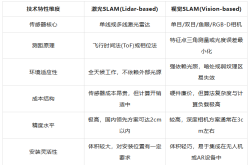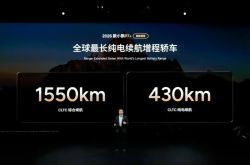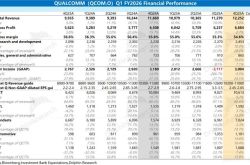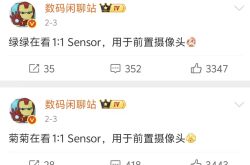The Automotive Industry Faces Severe Impact from "Involution" Vicious Competition, Demanding Urgent and Comprehensive Rectification
![]() 12/16 2024
12/16 2024
![]() 665
665
The Central Economic Work Conference, held in Beijing from December 11 to 12, highlighted the need for comprehensive rectification of "involution" vicious competition and regulation of local government and enterprise behavior. This marks the first time "involution" vicious competition has been addressed at such a high-level conference.
As early as July 30 this year, the Political Bureau meeting of the CPC Central Committee emphasized the importance of "strengthening industry self-discipline and preventing 'involution' vicious competition."
The shift from merely preventing to comprehensively rectifying "involution" vicious competition signifies that such practices have reached a critical level in the domestic economy, seriously impeding the normal development of the national economy. Comprehensive rectification is now imperative.
Three Key Characteristics of "Involution" Vicious Competition
"Involution" vicious competition occurs when companies within an industry engage in unlimited price reductions and low-cost sales to gain market share and outcompete rivals. This leads to a deterioration of the industry's overall development environment and increases pressure on businesses' survival.
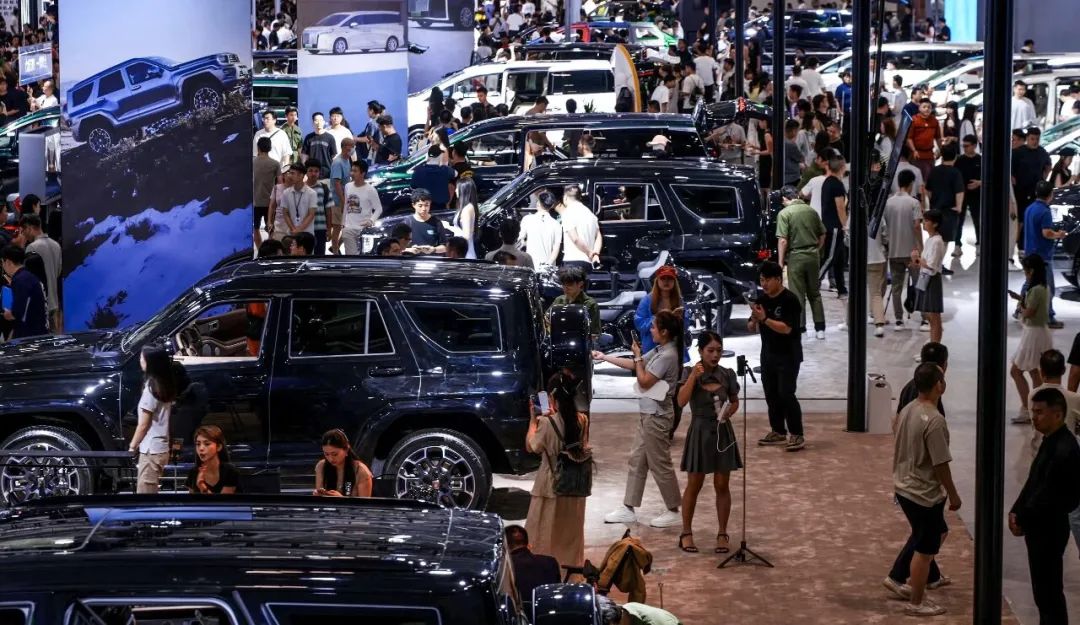
The three fundamental characteristics of "involution" vicious competition are:
Firstly, competitive price reductions and low-cost sales. Some enterprises blindly cut prices to capture market share, resulting in significant profit declines or even losses across the industry. This not only harms the enterprises' economic interests but also prompts actions like cost-cutting and quality compromises, severely damaging consumer interests and the market environment.
Secondly, certain local governments, in pursuit of GDP and tax revenue growth, illegally reduce taxes, offer financial subsidies, and lower land prices, exacerbating vicious competition within the industry.
Thirdly, it deteriorates the market environment and hinders the industry's healthy development. "Involution" vicious competition leads to sharp profit declines or losses across the industry, impacting businesses' reproduction and R&D investment, lacking development momentum. Such "suicidal" price wars cause difficulties for both upstream and downstream sectors, ultimately hindering the entire industry's healthy growth.
"Involution" vicious competition leads to resource waste, inefficiency, and a lack of innovation, seriously affecting the healthy development of the national economy.
The Automotive Industry: The Hardest Hit by "Involution" Vicious Competition
The automotive industry stands out as a prominent example of "involution" vicious competition in China, significantly impacted by such practices. The price wars, low-cost sales, and vicious competition that have persisted from last year to the end of this year have severely disrupted the domestic automotive production, distribution, and marketing environment, threatening the industry's healthy development.
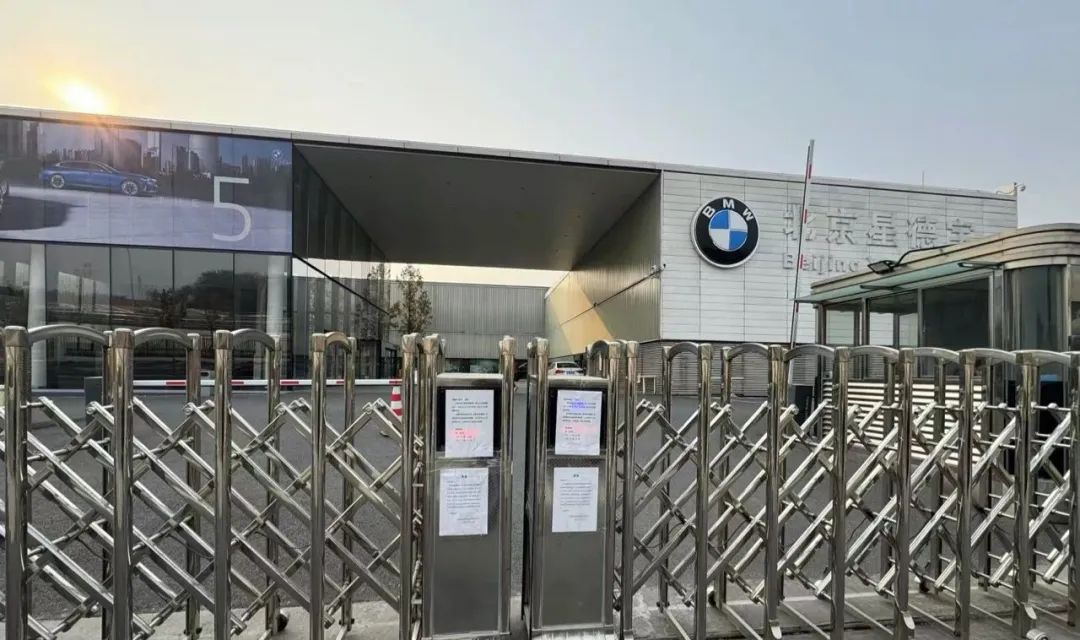
Over the past two years, "involution" vicious competition, including low-cost sales, price wars, and hiring online troll armies to attack competitors, has swept through the automotive industry. Some social media platforms, leveraging their traffic dominance, maliciously tarnish specific automakers' brand images and poison the automotive public opinion environment. The entire industry is shrouded in an atmosphere of anxiety and "involution," necessitating urgent rectification.
Engaging in intense price wars and sacrificing price for volume has not boosted domestic new car sales. Despite various state policies encouraging automobile consumption, domestic sales have not increased correspondingly amidst the "involution" atmosphere. According to the China Association of Automobile Manufacturers, from January to November this year, domestic automobile sales (wholesale) reached 22.595 million vehicles, a mere 0.3% increase year-on-year.
Affected by "involution" vicious competition, many automakers' profits have plummeted, with some even incurring losses. Except for a few profitable new energy vehicle manufacturers, most are losing money. Many automotive suppliers and dealers are also severely loss-making. Recently, automakers have experienced layoffs, a wave of automobile dealership closures, and mass unemployment among car salespeople.
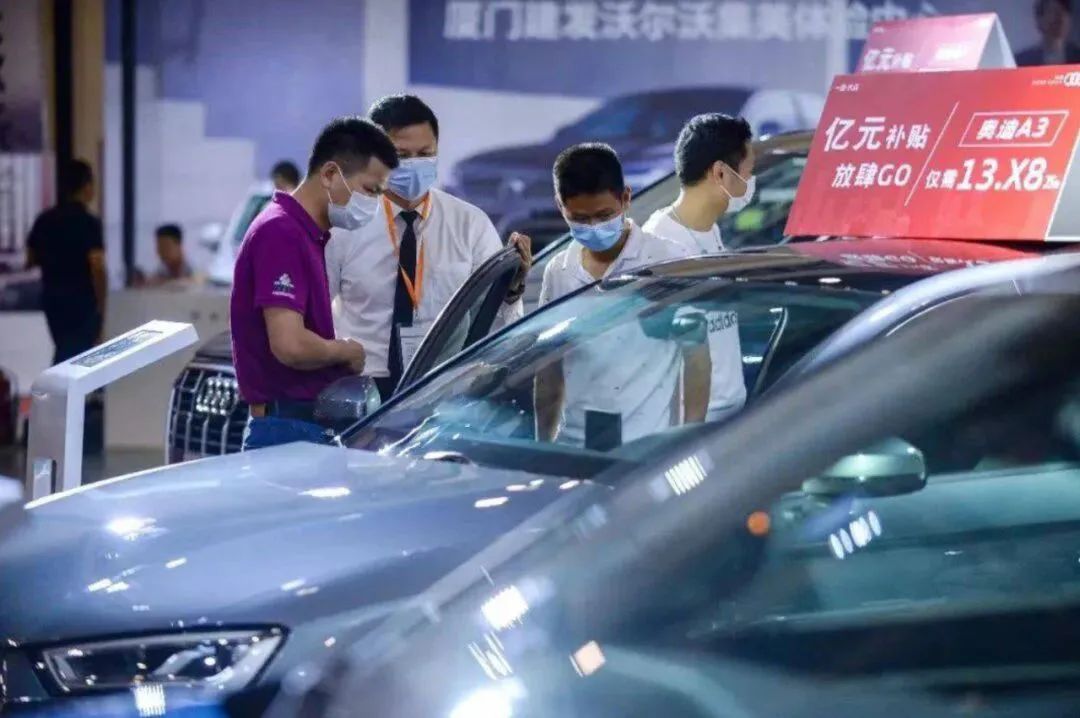
If this "involution" vicious competition persists unchecked, it will destroy the hard-earned Chinese automotive industry.
Rectifying "Involution" Vicious Competition in the Automotive Industry
The automotive industry is a strategic and pillar industry of the national economy and a significant export commodity. Automobile consumption is crucial for expanding domestic demand, stabilizing employment, and fostering industrial and economic stability. Comprehensive rectification of "involution" vicious competition in the automotive industry holds great practical and long-term significance.
The Central Economic Work Conference emphasized the need for comprehensive rectification of "involution" vicious competition and regulation of local government and enterprise behavior.
Realistically, the current "involution" vicious competition in the automotive industry is partly attributed to local governments' past blind encouragement of expanding automobile production capacity. Wuhan's price reductions at the beginning of 2023, which severely disrupted the automobile market, had the shadow of local government intervention.
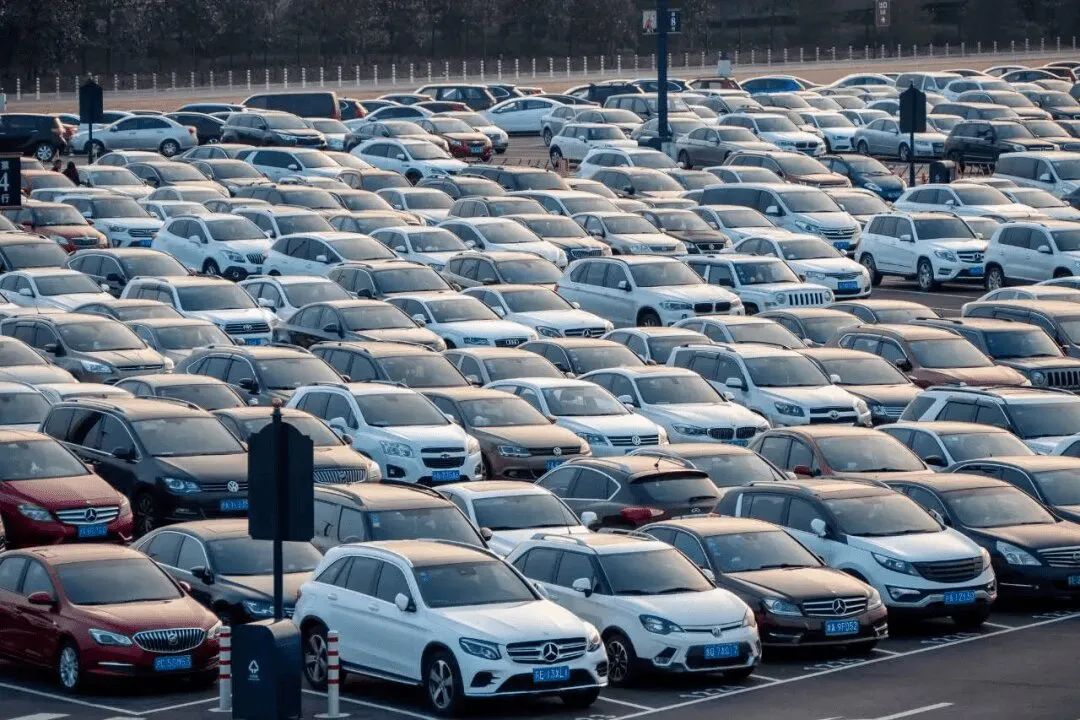
Local governments should refrain from excessive market intervention or pursuing short-term political gains. Instead, they should strengthen supervision and guidance to prevent vicious competition and improper business practices. Automotive enterprises must enhance self-discipline, foster a correct view of competition and development, and strive for market share through differentiated competition and brand building, rather than blind price cuts.
Furthermore, it is essential to establish reasonable competition rules, encourage fair competition, and combat unfair practices. Unreasonable competition beyond pricing should also be regulated. For online troll armies, internet platform and traffic hegemony that severely disrupt automakers' normal operations and mislead public perception, decisive measures must be taken to create a fair and impartial business and public opinion environment for the automotive industry. (End)

